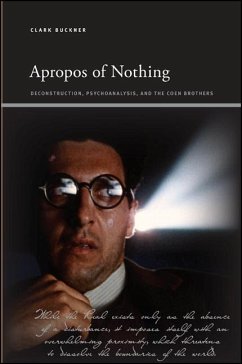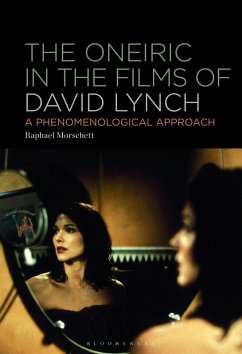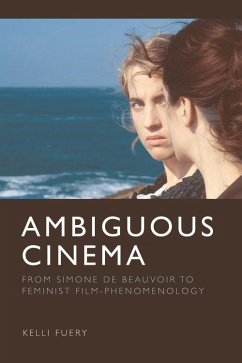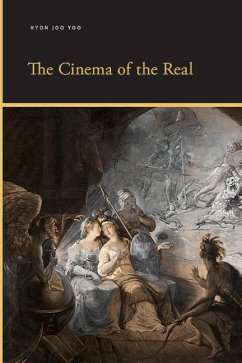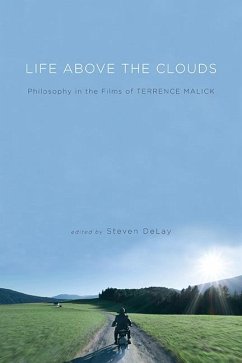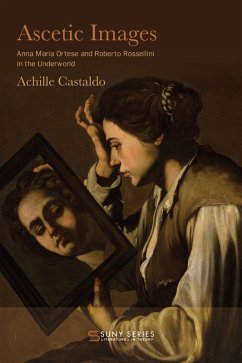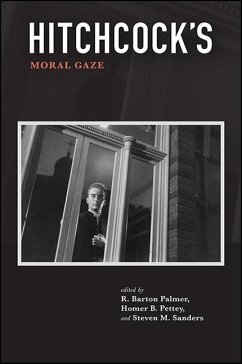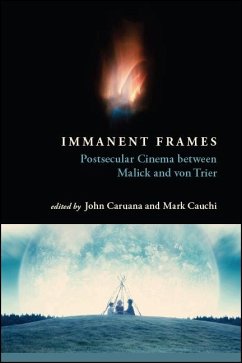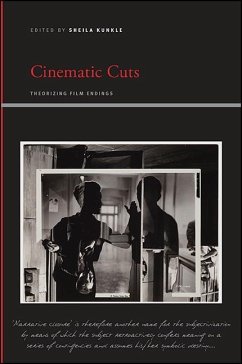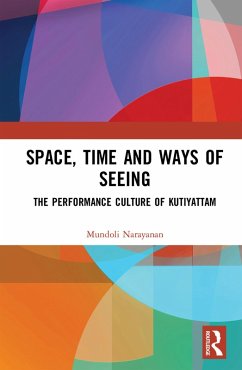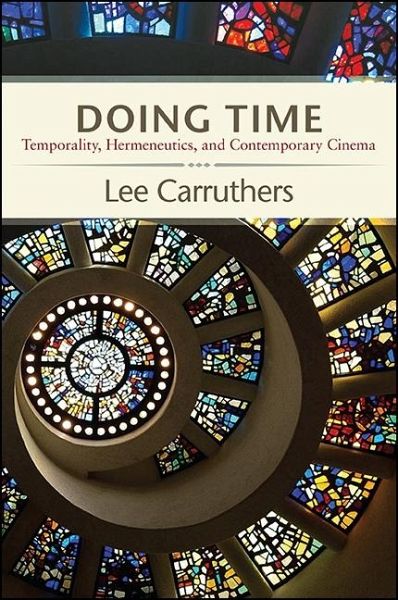
Doing Time (eBook, ePUB)
Temporality, Hermeneutics, and Contemporary Cinema
Versandkostenfrei!
Sofort per Download lieferbar
25,95 €
inkl. MwSt.
Weitere Ausgaben:

PAYBACK Punkte
13 °P sammeln!
Proposes that cinematic time is not a fixed idea, but a dynamic exchange between film and viewer.Doing Time addresses two areas of interest in recent film study-film temporality and film philosophy-to propose an innovative theorization of cinematic time that sees it as a dynamic process of engagement, or something we do as viewers. This active relation to cinematic time, which discloses a film's temporal character, is called its "timeliness." Here it is traced across a range of fascinating case studies from Hollywood and the global art cinema, uncovering each film's characteristic way of "doin...
Proposes that cinematic time is not a fixed idea, but a dynamic exchange between film and viewer.
Doing Time addresses two areas of interest in recent film study-film temporality and film philosophy-to propose an innovative theorization of cinematic time that sees it as a dynamic process of engagement, or something we do as viewers. This active relation to cinematic time, which discloses a film's temporal character, is called its "timeliness." Here it is traced across a range of fascinating case studies from Hollywood and the global art cinema, uncovering each film's characteristic way of "doing time." Throughout, the ambiguities of filmic time are held as powerful attractions as they modulate film viewing: such pauses, gaps, repetitions, and stretches of time illuminate a living field that extends from viewing activity.
Drawing on the writings of French film critic and theorist André Bazin, as well as the phenomenology of Martin Heidegger and Maurice Merleau-Ponty, Lee Carruthers forwards a claim about the value of cinematic time for thinking. She also raises the tasks of film analysis and interpretation to renewed visibility. By prioritizing the viewer's experience of filmic temporality, and offering a rich vocabulary for describing this exchange, Carruthers articulates a new sphere of theoretical inquiry that invites film viewers (and readers) to participate.
Doing Time addresses two areas of interest in recent film study-film temporality and film philosophy-to propose an innovative theorization of cinematic time that sees it as a dynamic process of engagement, or something we do as viewers. This active relation to cinematic time, which discloses a film's temporal character, is called its "timeliness." Here it is traced across a range of fascinating case studies from Hollywood and the global art cinema, uncovering each film's characteristic way of "doing time." Throughout, the ambiguities of filmic time are held as powerful attractions as they modulate film viewing: such pauses, gaps, repetitions, and stretches of time illuminate a living field that extends from viewing activity.
Drawing on the writings of French film critic and theorist André Bazin, as well as the phenomenology of Martin Heidegger and Maurice Merleau-Ponty, Lee Carruthers forwards a claim about the value of cinematic time for thinking. She also raises the tasks of film analysis and interpretation to renewed visibility. By prioritizing the viewer's experience of filmic temporality, and offering a rich vocabulary for describing this exchange, Carruthers articulates a new sphere of theoretical inquiry that invites film viewers (and readers) to participate.
Dieser Download kann aus rechtlichen Gründen nur mit Rechnungsadresse in A, D ausgeliefert werden.




